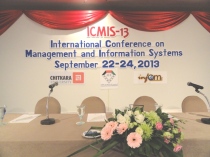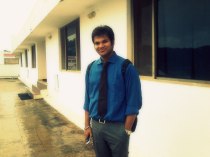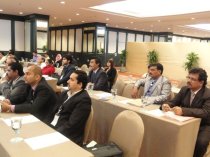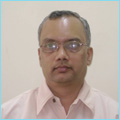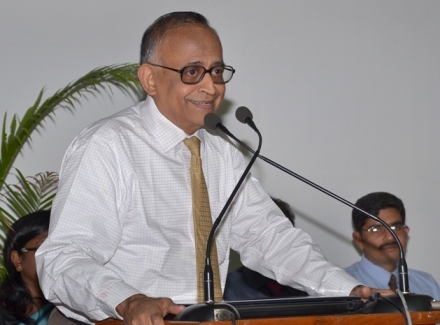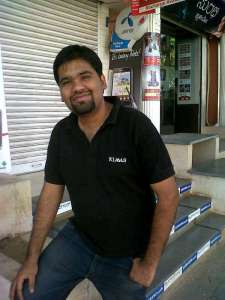The much talked-about annual management inter collegiate event- Operacy of Kirloskar Institute of Advanced Management Studies (KIAMS) is back in its 2013 avatar. Spread over 3 days (19-21 October), it spans both locations of KIAMS – Harihar and Pune. The kal, aaj, kal mix will see executives (with 3 years experience max), current Management Students and prospective students all will mingle in a kind of melting pot from which will emerge the best as winners! Over the years, Operacy has become known as an extravaganza for students of management and the bar is expected to be raised higher this year.
This Annual Inter Collegiate Management event has a rich history of over a decade and it has transformed from a paper writing competition to a class act. Completely student driven, it is a national business festival in many ways and a marquee event in the calendar year for management students all over the country. Little wonder then that it has generated curiosity far and wide, which has only motivated the members of teams organising the event this year to put on a show to remember.
Prachi Aggarwal, an Operacy team, “Operacy simply means making things happen. And that’s what we aim to do with the organisation as well. We are giving it everything we’ve got because there’s a precedent for this event and we have to live up to the expectations.”
Students of the institute are charged up for the upcoming event because it offers them a platform to showcase their talents. At the same time, they are excited about the opportunity to interact with industry experts, who are going to make their presence felt at the event. In fact, giving students first-hand experience of the real corporate life is one of the objectives of Operacy.
Nikhita Gupta, another team member for the event, says, “This event is meant to enable you to discover yourself. It’s also an opportunity to learn from the experts in the business. And you will have a lot to look forward to on that count this year.”
There are several exciting events that have been lined up for Operacy 2013 and they are bound to hit the right note with the audience. For example, Catastrophe is a Finance competition that will test analytical abilities of participants. Inquisitor, on the other hand, is a Marketing challenge that will test the skills of participants to the limit.
Of course, the traditional Paper Writing competition, which the event started out as, has generated keen interest amongst students too. Held under the aegis of students’ managerial skills this competition has the students’ take on specific assignments on behalf of industry. They are offered much needed support by the faculty and it thus serves as a dynamic platform for students to learn and grow.
The Illuminati (Human Resource) and Vicissitude (Operations) other events that are being looked forward to. The stunning and sprawling canvas will also hold Ankuran, the inter-B-plan competition, that will offer an opportunity to budding entrepreneurs from different colleges to put forward their ideas and business plans. This competition, held by the E-Cell of KIAMS within the Operacy aegis, encourages students to dream big and become successful entrepreneurs. A unique aspect Ankuran is the introduction of the Jugaad Innovation concept.
Gayathri Suresh, another team member of the Operacy organizing committee, says, “Come, rejoice and rejuvenate’ is the mantra for our event. We want everyone to have fun, learn and feel refreshed at the end of it.” That’s what some of the corporate honchos are bound to feel as they relive their college moments during Déjà Vu,. Athelin is another competition that will be held on the campus, with the objective of helping students find out whether they are industry-ready.
All the events are distributed across both locations – Harihar and Pune – in an integrated and holistic design. With these challenging competitions, strong corporate presence, enthusiastic student organisers and prizes to be won, Operacy 2013 promises to be an event that will be remembered for a long time to come.

